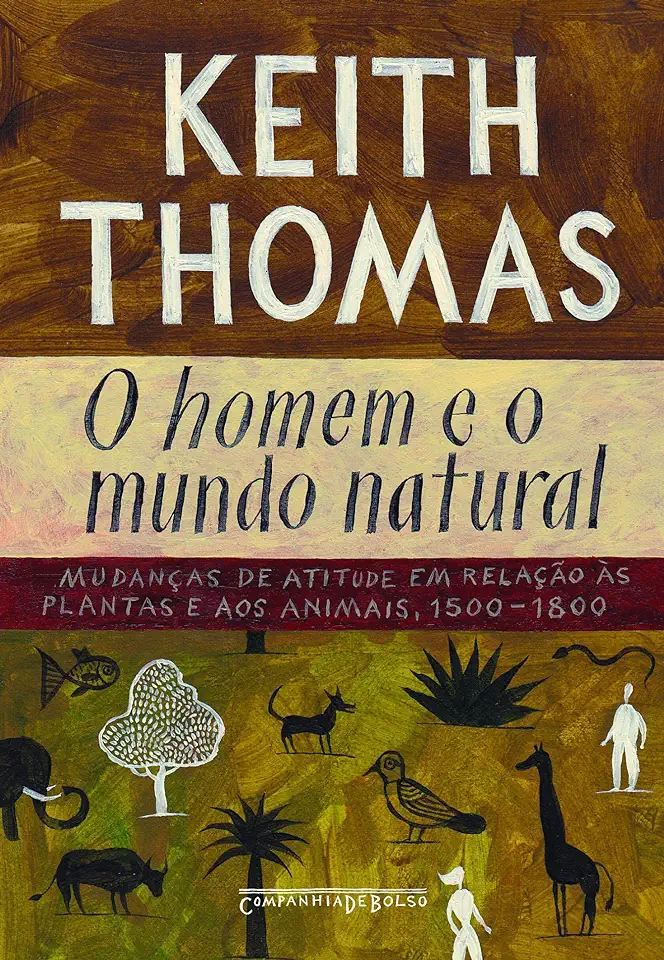
Man and the Natural World - Keith Thomas
Man and the Natural World: A History of the Modern Sensibility
Introduction
In his seminal work, "Man and the Natural World," Keith Thomas takes readers on a captivating journey through the evolution of human attitudes towards the natural world. Spanning centuries and cultures, Thomas meticulously examines how our perceptions of nature have shaped our societies, economies, and even our spiritual beliefs.
The Ancient World: A Reverence for Nature
In the ancient world, nature was revered as a sacred entity, imbued with divine power and mystery. From the animistic beliefs of indigenous cultures to the elaborate pantheons of classical civilizations, humans saw themselves as an integral part of a larger, interconnected web of life. This reverence for nature manifested in religious rituals, artistic expressions, and a deep respect for the natural world.
The Middle Ages: A Shift Towards Domination
As Christianity spread across Europe, a new perspective on nature emerged. Influenced by biblical teachings that emphasized human dominion over the Earth, medieval society began to view nature as a resource to be exploited for human benefit. This shift in perception led to widespread deforestation, the rise of agriculture, and the emergence of a more anthropocentric worldview.
The Renaissance and Scientific Revolution: A New Understanding of Nature
The Renaissance and Scientific Revolution brought about a profound transformation in human understanding of the natural world. Scientific discoveries challenged traditional beliefs, leading to a more empirical and rational approach to studying nature. This period saw the rise of modern science, with its emphasis on experimentation, observation, and the pursuit of knowledge for its own sake.
The Industrial Revolution: A Collision of Progress and Nature
The Industrial Revolution marked a turning point in human history, as technological advancements and urbanization rapidly altered the landscape. The exploitation of natural resources on an unprecedented scale led to environmental degradation, pollution, and a growing disconnect between humans and the natural world.
The Modern Era: A Call for Conservation and Sustainability
In the modern era, the consequences of human activities on the environment have become increasingly apparent. Environmental movements have emerged, advocating for conservation, sustainability, and a renewed respect for nature. Thomas argues that we must learn from the past and strive to restore our harmonious relationship with the natural world.
Conclusion
"Man and the Natural World" is a comprehensive and thought-provoking exploration of the complex relationship between humans and nature. Keith Thomas masterfully weaves together historical accounts, philosophical insights, and scientific discoveries to present a compelling narrative that challenges our assumptions and invites us to reconsider our place in the natural world.
This book is a must-read for anyone interested in environmental history, cultural studies, or the evolution of human thought. It is a powerful reminder of our interconnectedness with nature and the urgent need to protect and preserve the delicate balance of our planet.